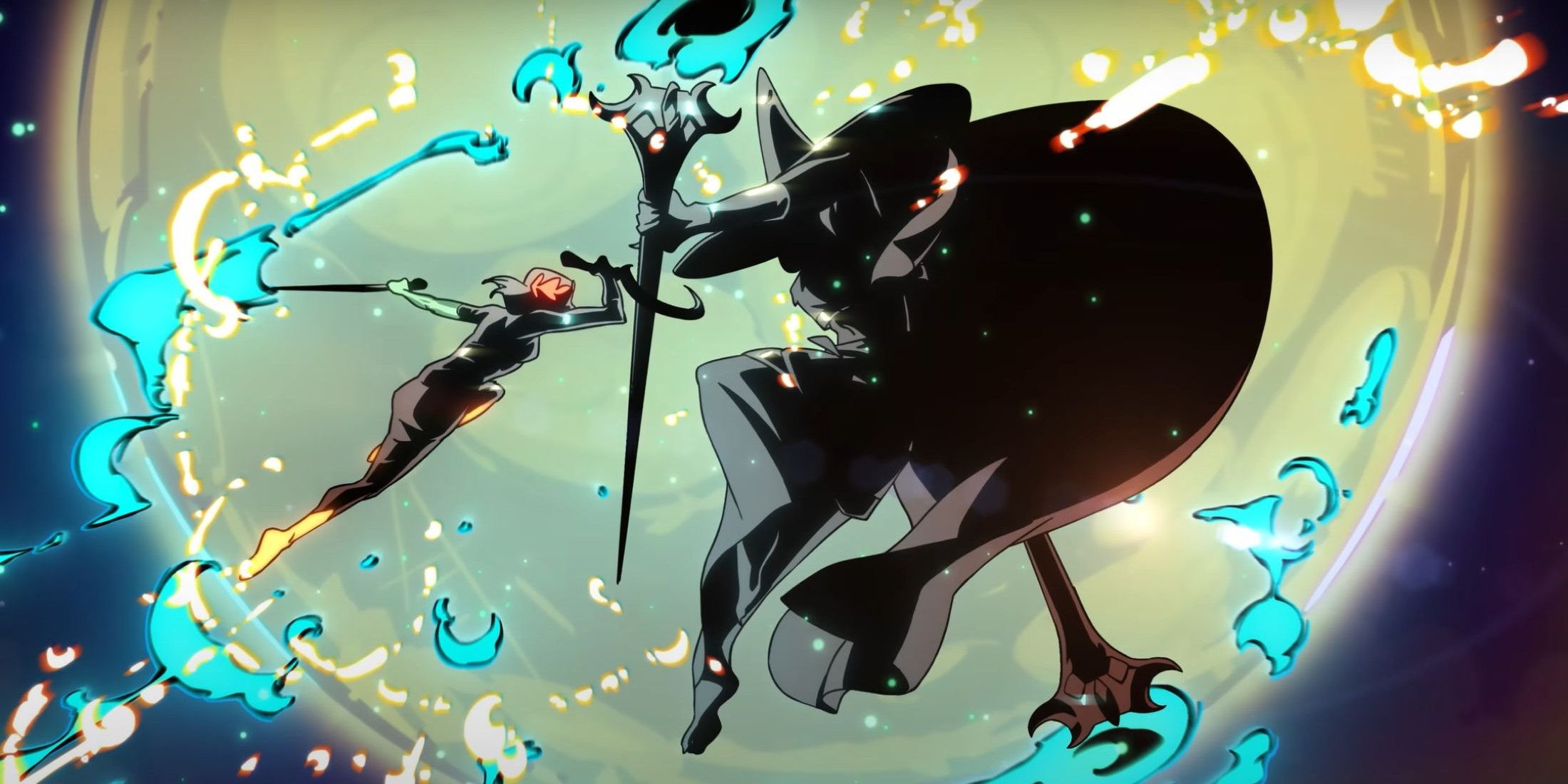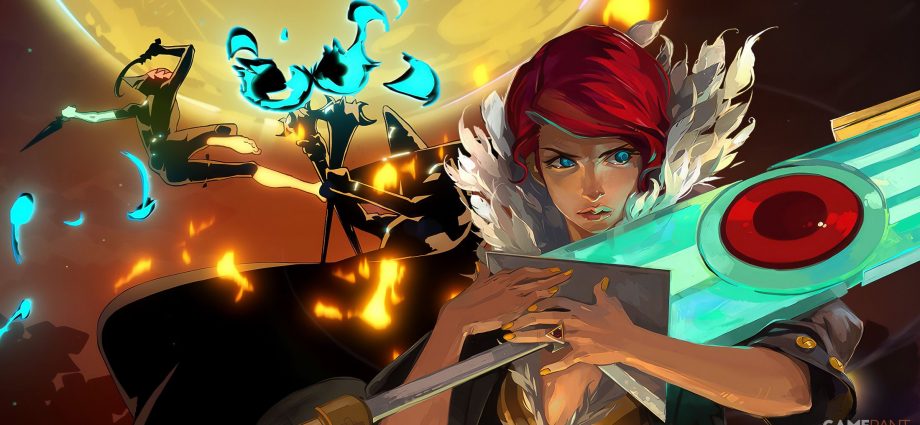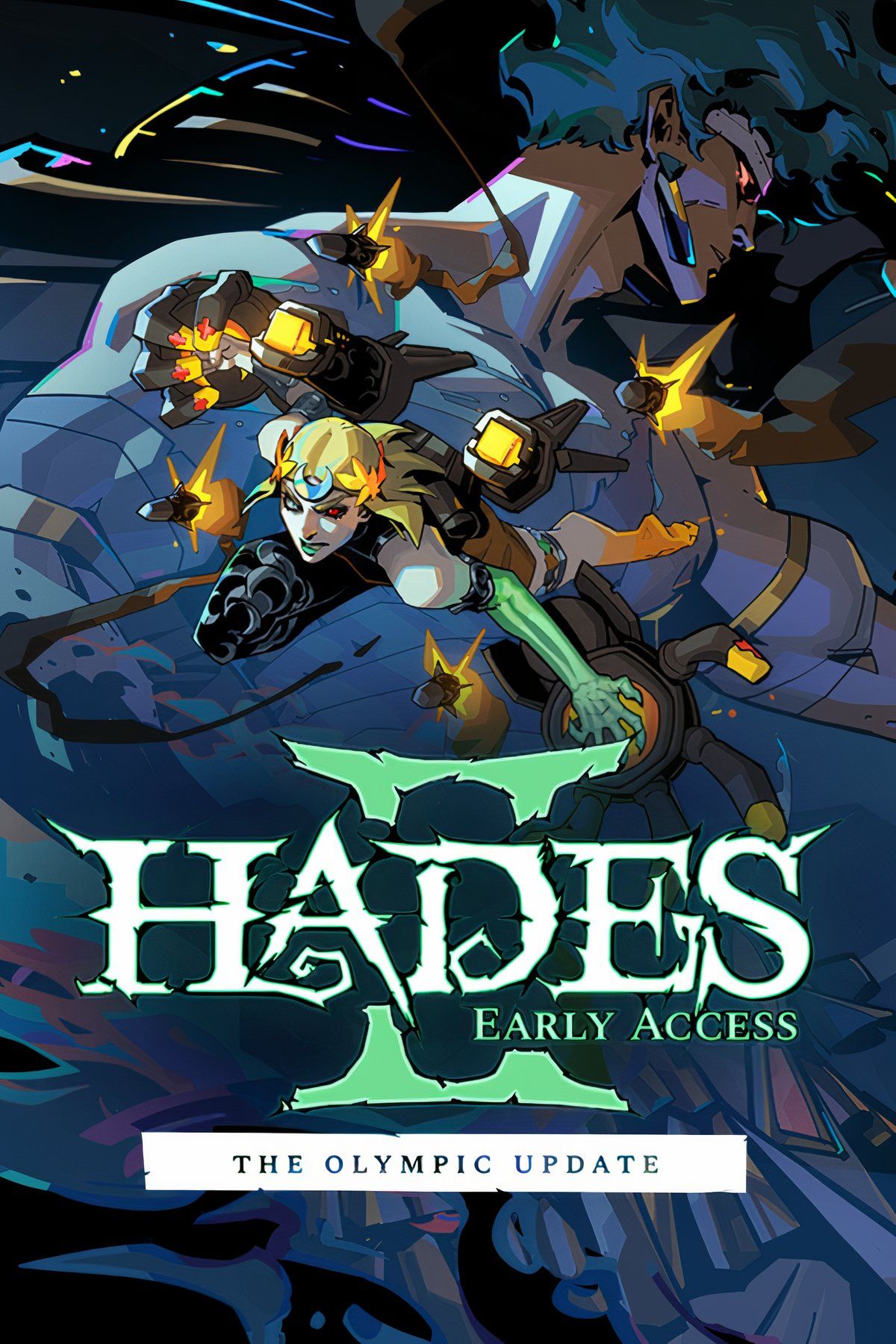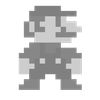Hades 2, despite not being technically complete, is widely regarded as a strong follow-up to 2019’s roguelike sensation. Not only does it retain the best elements of its predecessor, weaving an enrapturing, mythological narrative into an engaging combat and progression loop, but it also expands on them in interesting ways; Hades 2 does exactly what a sequel should, building upon what works while offering a fresh spin on the series’ fundamentals.
It’s definitely good news that Hades 2 works as well as it does, since it is mostly uncharted territory for Supergiant Games, which has never made a proper sequel before. Although the studio’s other games, like Bastion and Transistor, have been showered with endless praise, they’ve been one-and-done projects—this is part of what makes Supergiant so interesting to follow. Naturally, the whirlwind success of Hades relative to the company’s earlier work likely played a role in the decision to continue development of the IP, but this strategy hopefully won’t grow to define Supergiant’s portfolio moving forward. In fact, there’s a case to be made that the developer ought to pivot away from the fantasy genre entirely following Hades 2.

Related
Why Now is the Best Time to Play Hades 2
Hades 2’s newest Warsong Update adds more content that brings fans closer to the endgame, so this is the perfect time to start now.
Why Supergiant Games Should Take a Trip Back To Science-Fiction After Hades
Supergiant Has Done a Bang-Up Job with Sci-Fi Before
Initially released in 2014, Transistor is a thrilling, thought-provoking, and bizarre science-fiction adventure imbued with Supergiant’s now-famous charm. Playing as a famous singer named Red, players make their way through the city of Cloudbank, wielding an advanced greatsword called Transistor that has entrapped the consciousness of a dead man. It has also stolen Red’s prized voice, using it to communicate with her as she embarks on her journey of political intrigue and corporate corruption.
Needless to say, it’s a wildly original concept for a game, delivered through Supergiant’s excellent writing and world-class visual design. It’s perhaps the closest that the developer has come to making a traditional, linear RPG, complete with experience points, setpieces, and a mission-like overall structure, but that doesn’t stop it from being inventive on the gameplay front. Through a blend of real-time combat and quasi-turn-based maneuvers, Transistor offers a powerful combat sandbox that hinges on its one-of-a-kind premise. More than anything, Transistor is a reminder of the ingenuity within Supergiant’s walls, and the company should leverage this superpower once again with another original sci-fi property.
A New Sci-Fi Game Would Let Supergiant Flex Its Creative Muscles
Hades is definitely an original and exciting franchise, but it’s naturally restrained by its source material. At the end of the day, the series is a spin on classical Greek mythology, and is therefore limited in terms of what characters, concepts, and settings it can feature. This isn’t a bad thing, and Supergiant has proved that it can still evoke a singular sort of charm in spite of this mythical mooring, but it’s hard not to wonder what the studio could be capable of if it were to once again become untethered.
This is where a new science-fiction game like Transistor could really shine. Supergiant excels at character-driven, dramatic storytelling, which is part of what makes its take on Greek mythology so compelling. But applied to a science-fiction backdrop, where the very notion of what it means to be human could be radically redefined, the company’s storytelling chops could really be put through the ringer. There are all manner of exciting themes that a new Supergiant sci-fi game could explore, from personal identity to transhumanism, and everything that the studio has learned via the Hades saga could make this theoretical game even better than the likes of Transistor.



